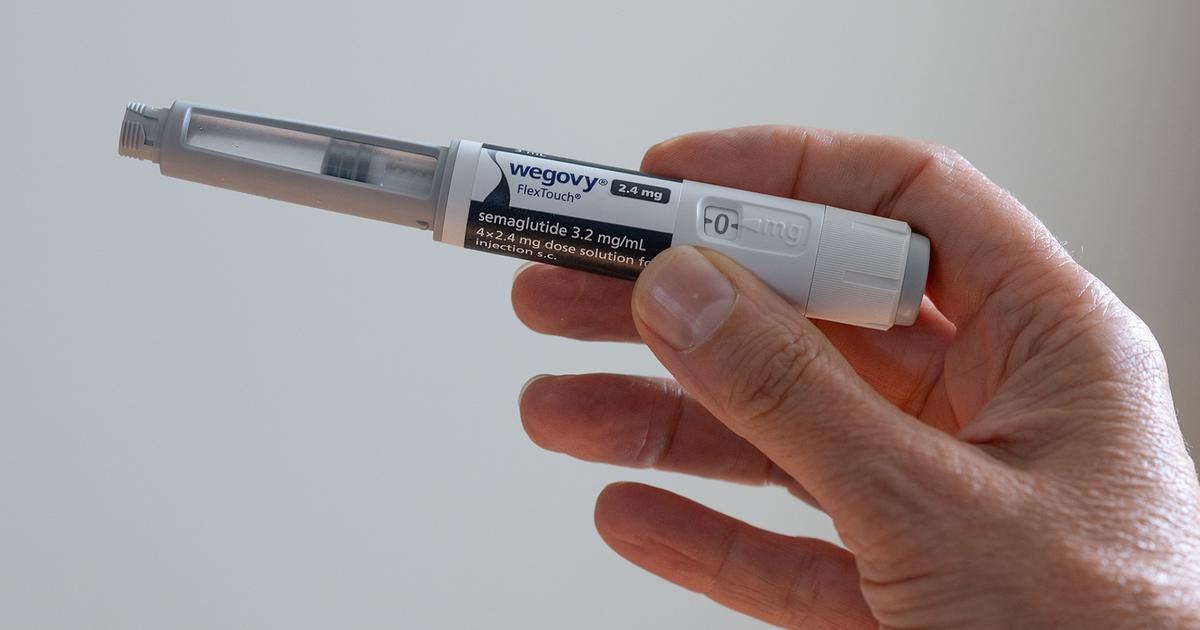In recent years, weight loss drugs have gained significant attention as a potential solution for individuals struggling with obesity or excess weight. As demand for quick and effective weight loss solutions rises, the trend of microdosing weight loss drugs has emerged, particularly with substances like semaglutide (commonly known by brand names such as Ozempic and Wegovy). Microdosing refers to the practice of taking sub-therapeutic doses of a drug with the belief that it can provide benefits, such as weight loss, without the full side effects of a typical dose.
While some may see microdosing weight loss drugs as a harmless way to shed a few pounds, a growing number of health experts are warning against this practice. These warnings are based on the lack of research, potential health risks, and ethical concerns surrounding the use of weight loss drugs in The Guardian. This article explores why health experts are sounding the alarm and what individuals need to know before considering microdosing weight loss drugs.
What is Microdosing?
Microdosing typically involves taking a drug or supplement at doses lower than the prescribed therapeutic amount. In the context of weight loss drugs, people are turning to lower-than-prescribed doses in the hopes of reaping the benefits—such as appetite suppression or increased metabolism—without the potentially severe side effects of taking the full dose.
Semaglutide, for instance, is a glucagon-like peptide-1 (GLP-1) agonist that was originally developed for the treatment of type 2 diabetes. However, it has gained popularity for its weight loss effects, leading to the creation of Ozempic and Wegovy specifically for weight management. The drug works by regulating blood sugar and appetite, with people taking higher doses to achieve optimal weight loss results.
With microdosing, individuals may take a fraction of the recommended dose to attempt weight loss, thinking that it will help them lose weight in a more controlled or sustainable manner. Proponents argue that microdosing can reduce the risk of side effects, but health experts are concerned about the safety, efficacy, and ethics of this practice.
Health Risks and Side Effects of Microdosing Weight Loss Drugs
One of the most significant reasons health experts are warning against microdosing weight loss drugs is the potential for health risks. Drugs like semaglutide have been studied extensively at full doses, and the FDA has approved these medications for specific conditions. However, there is limited research on the effects of microdosing, especially when used for weight loss in people who may not have underlying medical conditions like diabetes.
1. Unpredictable Effects
Microdosing, by nature, is a practice based on trial and error. Since these drugs are not intended for sub-therapeutic use, their effects at lower doses are not well understood. The impact on blood sugar regulation, appetite suppression, and metabolism may be unpredictable, leading to unintended consequences such as fluctuating blood sugar levels, dehydration, or nutritional deficiencies.
Additionally, microdosing does not necessarily guarantee the absence of side effects. Even at lower doses, individuals may still experience common side effects associated with GLP-1 agonists, such as nausea, diarrhea, or stomach discomfort. These effects could be exacerbated if individuals are combining microdosing with other weight loss methods or medications, creating further health risks.
2. Incomplete Weight Loss Results
Microdosing may not provide the intended weight loss results because the doses are too low to achieve the desired effect. Semaglutide and similar drugs require specific, scientifically tested dosages to produce significant weight loss. At sub-therapeutic levels, individuals may experience minimal weight loss, if any, leading to frustration and potentially dangerous practices such as increasing the dose or combining microdosing with other weight loss methods without medical guidance.
3. Long-Term Health Consequences
Taking microdoses of weight loss drugs may have long-term health consequences that are difficult to predict. Weight loss drugs like semaglutide work by altering the body’s natural hormonal and metabolic functions. By tampering with these processes, even at small doses, microdosing may affect how the body processes food, stores fat, and maintains blood sugar levels. The long-term effects of altering these processes without the supervision of a healthcare provider are unknown and could result in unintended consequences down the road, such as an increased risk of cardiovascular issues, kidney problems, or gastrointestinal complications.
Ethical Concerns
Beyond the medical risks, there are also ethical concerns surrounding the practice of microdosing weight loss drugs. Semaglutide, along with other weight loss medications, is a costly treatment, and access to these drugs may be limited for people who genuinely need them for conditions like diabetes or severe obesity. By diverting these drugs for off-label use and microdosing, some argue that it could exacerbate existing healthcare inequalities and contribute to the misuse of medications that are intended for a specific patient population.
There is also the potential for individuals to adopt an unhealthy relationship with weight loss and body image. The increasing normalization of quick fixes for weight loss, such as microdosing weight loss drugs, could encourage people to focus on short-term results rather than long-term lifestyle changes that are healthier and more sustainable.
Lack of Medical Supervision
Another major issue with microdosing weight loss drugs is the lack of medical supervision. Medications like semaglutide should only be taken under the guidance of a healthcare provider, who can monitor the patient’s health and adjust the dose as necessary. Microdosing, however, is typically done outside the purview of a doctor, making it difficult to ensure safety.
Without professional oversight, people may be putting themselves at risk, both physically and mentally. They may not be aware of potential drug interactions, contraindications, or how their existing medical conditions might be affected by the drug. For example, semaglutide can interact with medications for diabetes, and people with a history of eating disorders could face negative consequences by using the drug to control their weight.
The Importance of a Holistic Approach to Weight Loss
Health experts agree that the key to successful weight loss lies in a comprehensive and individualized approach. Sustainable weight loss should involve a combination of factors such as balanced nutrition, regular physical activity, behavioral changes, and, when necessary, medical intervention under the guidance of a healthcare provider.
Rather than relying on microdosing weight loss drugs, experts encourage individuals to focus on healthy lifestyle changes that promote overall well-being. A combination of diet and exercise, with emotional support and counseling when necessary, offers a far more effective and sustainable solution to weight management.
Conclusion
While the allure of quick and easy weight loss through microdosing weight loss drugs is tempting for some, health experts strongly warn against the practice due to the lack of scientific evidence, potential health risks, and ethical concerns. Microdosing weight loss drugs like semaglutide may seem like a harmless way to lose a few pounds, but it carries significant risks, especially without proper medical supervision. The most effective and sustainable way to manage weight is through a holistic approach that includes healthy eating, regular physical activity, and professional medical advice when needed.
Anyone considering weight loss drugs, or any weight loss method, should consult with a healthcare provider to ensure they are making safe and informed choices.



